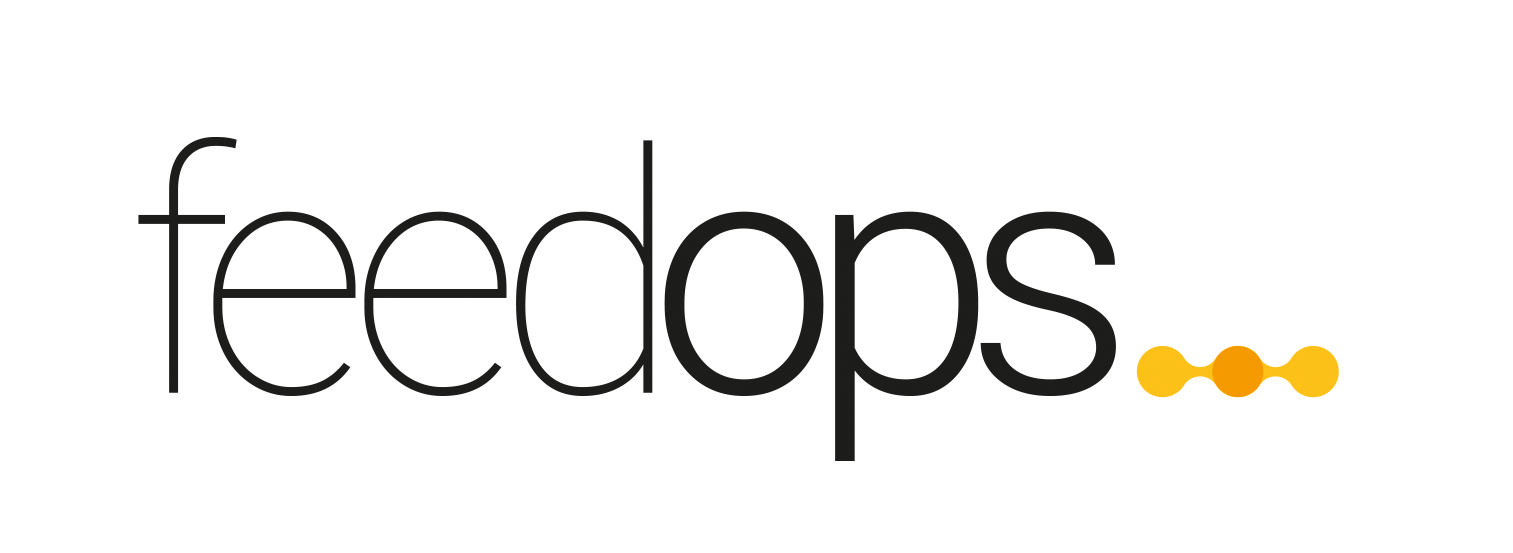It is hard to deny that AI is already a crucial part of online advertising. Yet, many advertisers are still struggling with the concept and how it can apply to their business.
Googleâs Machine Learning and Smart Bidding strategies are one way that online advertisers can take advantage of AI for their online advertising. Together, they are able to cope with sudden changes in the market such as seasonal trends or unpredicted periods. Googleâs AI is able to help adjust your campaigns in real time to align with these changes and ensure your campaigns can still meet your goals.
How to choose the right bidding strategy
The first step in utilising Googleâs machine learning is to select a smart bidding strategy for your campaigns. However, it is more than just selecting a smart bidding strategy. You need to make sure you select the right bidding strategy.
Google has developed 6 smart bidding strategies each designed to optimise towards a different goal:
- Target CPA
- Target ROAS
- Maximise Conversions
- Maximise Conversion Value
- Target Impression Share
- Viewable CPM
Before you choose a smart bidding strategy, it is important for you to have a clear goal. Think about what you want to achieve from your online advertising and determine your ultimate main goal. There may be other sub goals that are ânice to haveâ. However, always remember that Googleâs smart bidding strategies will only be able to optimise towards one goal at a time.
If you truly have more than one goal, then you should set up separate campaigns with separate budgets and bidding strategies.
How to set the right budgets
Now that you have your campaigns set up on a smart bidding strategy, how much should you spend? Someone might say âhow long is a piece of stringâ? But this is not very helpful in a business scenario. Therefore, we would recommend you consider the following when determining your budgets:
- If you are currently or have in the past run online advertising, how much did you spend?
- Do you have strict ROI or budgets pre-set by the business?
- The available spend in the market based on your targeting*
*Google has developed a tool called the Performance Planner which can help you to determine an advertising spend and how changes to campaigns might affect your key metrics and overall performance.
Every business is different and you need to be comfortable with setting the right budget for you.
Adjusting your budgets and targets
As times change, you may want to adjust your budgets and targets to align with new goals. When you make changes, keep in mind Googleâs machine learning requires time to re-learn and adjust your campaigns. Therefore, we recommend allowing time between changes for this learning to occur.
Below shows the initial learning period time you should wait before making changes:
- 15 conversions in a month â Up to 4 week learning time
- 50 conversions in a month â Up to 3 week learning time
- 100 conversions in a month â Up to 2 week learning time
- 500 conversions in a month â Up to 2 week learning time
You can also use your targets as a way of managing your spend. Targets can be a great way to control spend and bids. If you want to increase your bids and spend more, then you should lower your targets. Or alternatively, if you want to be more conservative with your spend and target higher value customers, increase your targets.
How Dynamic Creative can help
At Dynamic Creative, we have built our campaign structures with Googleâs machine learning and smart bidding strategies in mind. Our automated search campaigns are built with highly granular single keyword ad groups to allow the machines to learn and optimise towards your ultimate goal.
We give âthe machineâ all the inputs and ad set choices it requires to serve the most appropriate and âlikely to convert adâ to a potential buyer actively searching for the exact product or service. Our Account Directors are always happy to undertake a free consultation about your digital advertising and how we can help to grow at scale using our software and Googleâs machine learning and smart bidding strategies.
â


